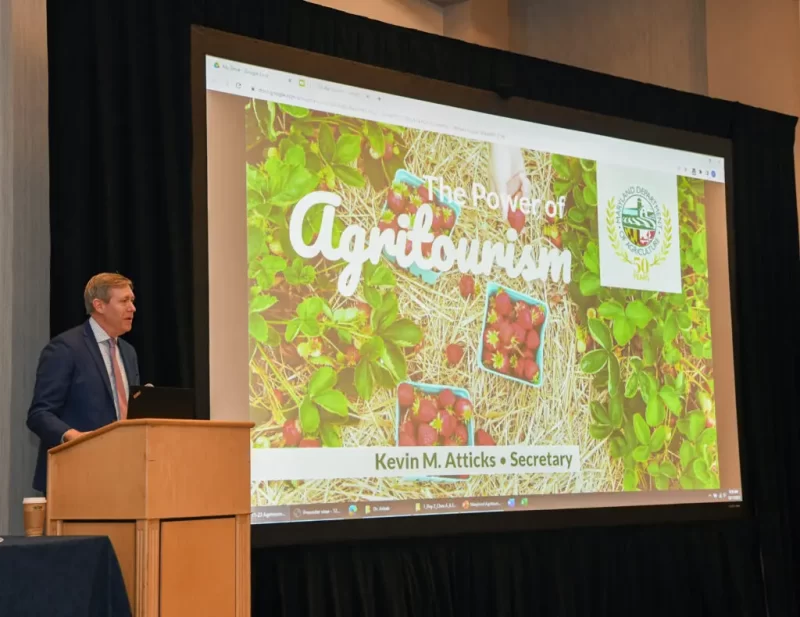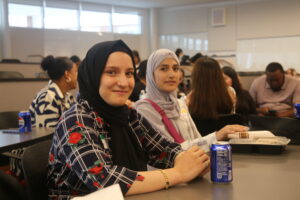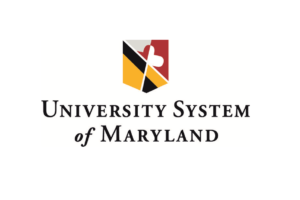ALEI Hosts Maryland’s First-Ever Agritourism Conference

Maryland’s Secretary of Agriculture, Kevin Atticks, featured as guest speaker at inaugural Agritourism Conference..
Published in Quarterly ALEI Newsletter | April 22, 2024
Last December, agritourism operators and people who were thinking about starting an agritourism operation, gathered together at the Hyatt Regency in Cambridge for Maryland’s first-ever Agritourism Conference. The conference, presented by the UMES School of Agricultural and Natural Sciences, brought agritourism business owners, lawmakers and regulators, tourism and economic development agencies, researchers and educators together to dig into “Growing Maryland Agritourism.” Among the many enlightening sessions, two featured what Nicole Cook, Environmental and Agricultural Faculty Legal Specialist with ALEI at UMES Extension, referred to as Maryland’s “dream team” of legal experts offering valuable insights into the legal considerations for embarking on an agritourism venture.
Attendees at the conference had two chances to hear from seasoned Maryland attorneys Kathleen Tabor, Jesse Hammock, Anthony (Tony) Gorski and Corrine Pouliquen, who are each well-versed in agricultural law. First, during their plenary session, the attorneys shed light on the intricate legal landscape that underpins agritourism operations. They covered navigating regulations, addressing liability concerns, employment law considerations, the importance of adequate and appropriate insurance coverage, and protecting intellectual property. Over 88% of the respondents to the panel discussion found the information shared in the session to be useful or very useful. 88.8% expressed a willingness to apply the gained knowledge on their farms, and the same percentage indicated a likelihood to share this information within their peer networks. An overwhelming majority (96.3%) expressed eagerness to participate in similar agritourism sessions in the future.
In their second session, which was a breakout session, the attorneys addressed attendees’ unique individual questions. It was an extremely rare and valuable opportunity for attendees to bring their questions to practicing attorneys and get answers, at no charge! All respondents (100%) deemed the breakout session very useful and were very satisfied with the information they received and the insights they gained throughout the session. Similarly, 100% expressed their intention to use this knowledge to minimize farm liabilities, promote their agritourism businesses, and share information among friends.
As agritourism continues to gain popularity as a diversification strategy for farms and rural communities, understanding the legal framework becomes paramount for success. ALEI thanks the attorneys who graciously gave their time to share their wealth of knowledge and practical strategies for navigating the legal complexities of agritourism.



